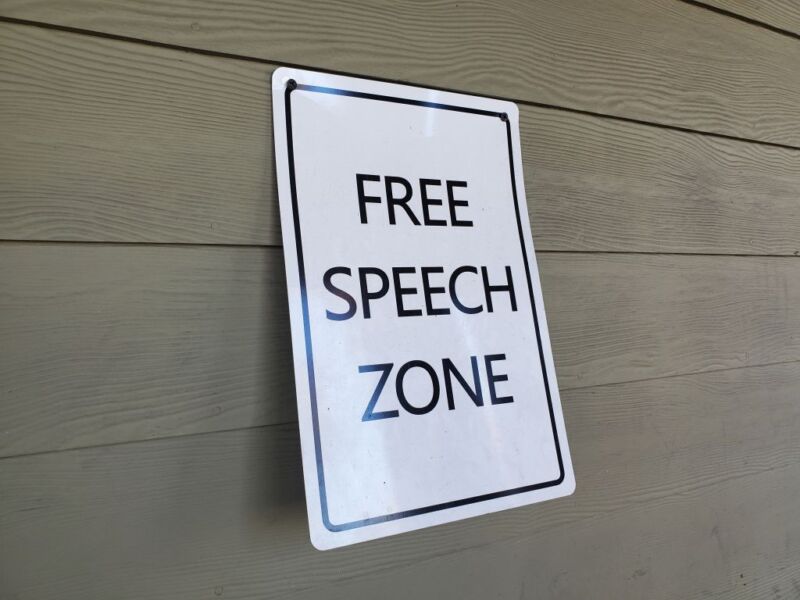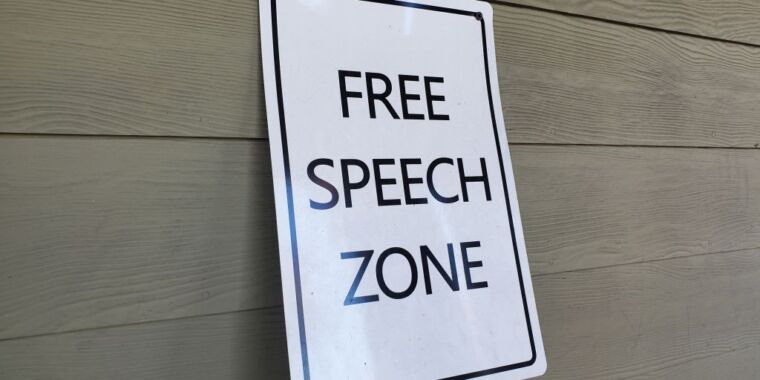
For the past year, Texas has been fighting in court to enforce a controversial law that would prohibit tech companies from moderating content based on views. In May, the Supreme Court narrowly blocked the law, but this did not seem to resolve the matter. Today, the 5th Circuit Court of Appeals overturned a Texas lower court’s decision to block the law, ruling instead that Texas law should be upheld, The Washington Post reported.
According to the Post, because two circuit courts have come to differing opinions, the ruling is “likely to set up a Supreme Court showdown over the future of online speech”. In the meantime, the opinion of the 5th Circuit Court could make it tempting for other states to pass similar laws.
Trump-nominated judge Andrew Stephen Oldham joined two other conservative judges in ruling that the First Amendment does not protect companies from “silencing speech.”
John Bergmayer, the legal director of Public Knowledge (a public interest group that defends the rights of online consumers), issued a statement to Ars suggesting that the 5th Circuit Court decision may not stand.
“The Fifth Circuit has ignored decades of the First Amendment and Supreme Court precedent—and contrary to recent Supreme Court orders—to arrive at an apparently politically motivated decision that will have disastrous consequences if not reversed immediately.” Bergmayer said.
The Post reported that some tech industry representatives are also opposing the most recent decision to uphold the law and plan to weigh appeal options. Matt Schruers, president of the Computer & Communications Industry Association, is an outspoken opponent of the Texas law. He is quoted by the Post as calling the statement “Orwellian” because it gives the government the power to dictate “what companies should say” in the name of protecting free speech.
“Texas law forces private companies to distribute dangerous content, ranging from foreign propaganda to incitement to terrorists, and puts Americans at risk,” Schruers said.
Bergmayer said the verdict could cause platforms to lose their ability to effectively stop the spread of hate speech, abuse and misinformation. He suggests the ruling implies that newspapers could be ordered to publish propaganda or that email spam filters could become illegal because it is a technology company that blocks political speech.
“Platforms need to be regulated in many ways, but statements like this set off serious efforts to protect consumers online,” Bergmayer warned.

